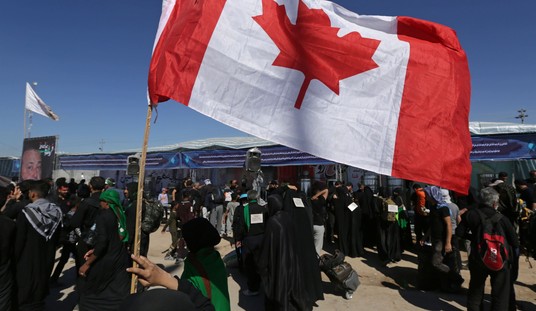When the Bush administration first proposed the TARP bailout plan, it gave Henry Paulson absolute authority to spend the money without any oversight. Congress eventually balked and forced the White House to accept transparency and accountability, but they didn’t adjust when Paulson suddenly dropped the idea of buying toxic assets and started sending cash to banks instead. The bankers who got bailout money now won’t say where the money went:
It’s something any bank would demand to know before handing out a loan: Where’s the money going?
But after receiving billions in aid from U.S. taxpayers, the nation’s largest banks say they can’t track exactly how they’re spending the money or they simply refuse to discuss it.
“We’ve lent some of it. We’ve not lent some of it. We’ve not given any accounting of, ‘Here’s how we’re doing it,'” said Thomas Kelly, a spokesman for JPMorgan Chase, which received $25 billion in emergency bailout money. “We have not disclosed that to the public. We’re declining to.”
The Associated Press contacted 21 banks that received at least $1 billion in government money and asked four questions: How much has been spent? What was it spent on? How much is being held in savings, and what’s the plan for the rest?
None of the banks provided specific answers.
To be fair, Matt Apuzzo framed this in an apples/oranges manner. Lenders want to know how borrowers will spend the money, but they don’t have the right in most circumstances to demand an accounting of the money after they lend it. However, given the public nature of the money and their pleadings for it, the banks should be offering transparency rather than opacity.
Don’t be surprised when the automakers act the same way. How dare we know how our money gets spent, and whether we’re ever going to see it again? The only difference between bankers and automakers is that the latter wants a second serving at the taxpayer trough. Congress will make them talk about how they spent the first $17 billion before finally rolling over and giving them a bigger bailout in March. After that? It won’t be anyone’s business, especially with Chrysler, which is privately held and has no stockholders and disclosure requirements.
This isn’t really the fault of the bankers, nor the automakers when they inevitably offer the same response. It’s the fault of the bailout industry that has suddenly arisen in Washington DC. Had the government stuck to the original plan and simply bought up the mortgage-backed securities that poisoned the marketplace, taxpayer liability would have been limited and bankers would have no reason to discuss their internal workings. Instead, we have become the guarantor of all failing businesses large enough to have a political impact, replacing capitalism with a strange politiconomy without any accountability anywhere.








Join the conversation as a VIP Member